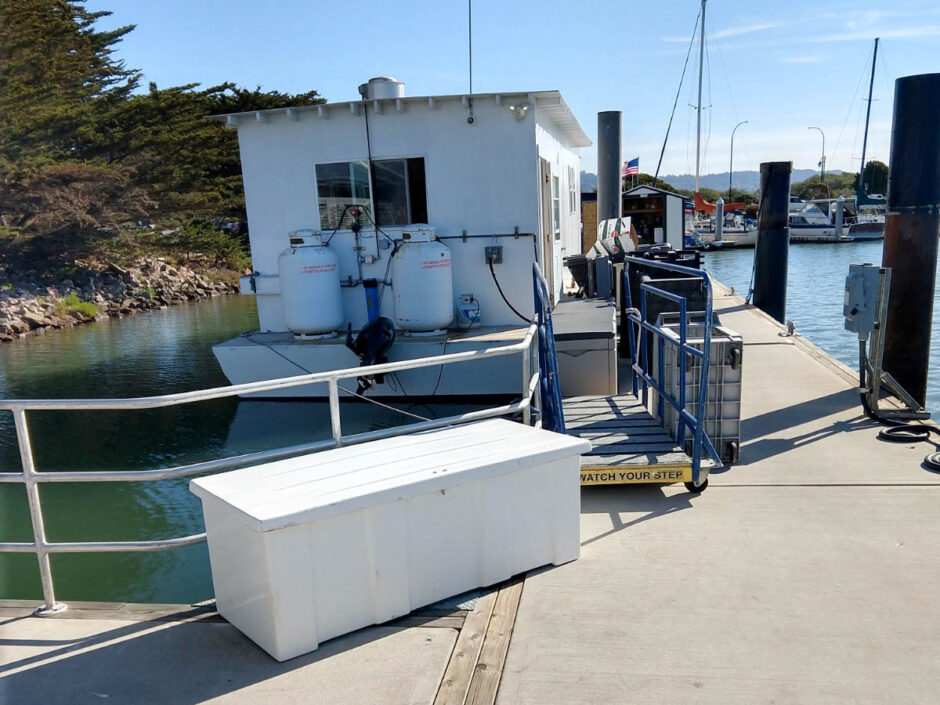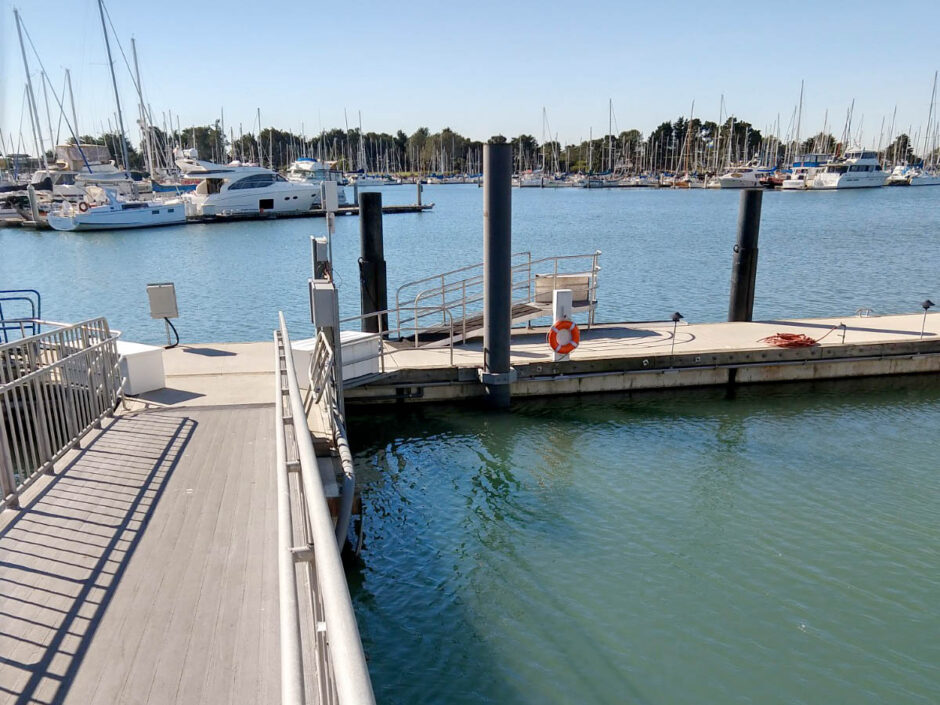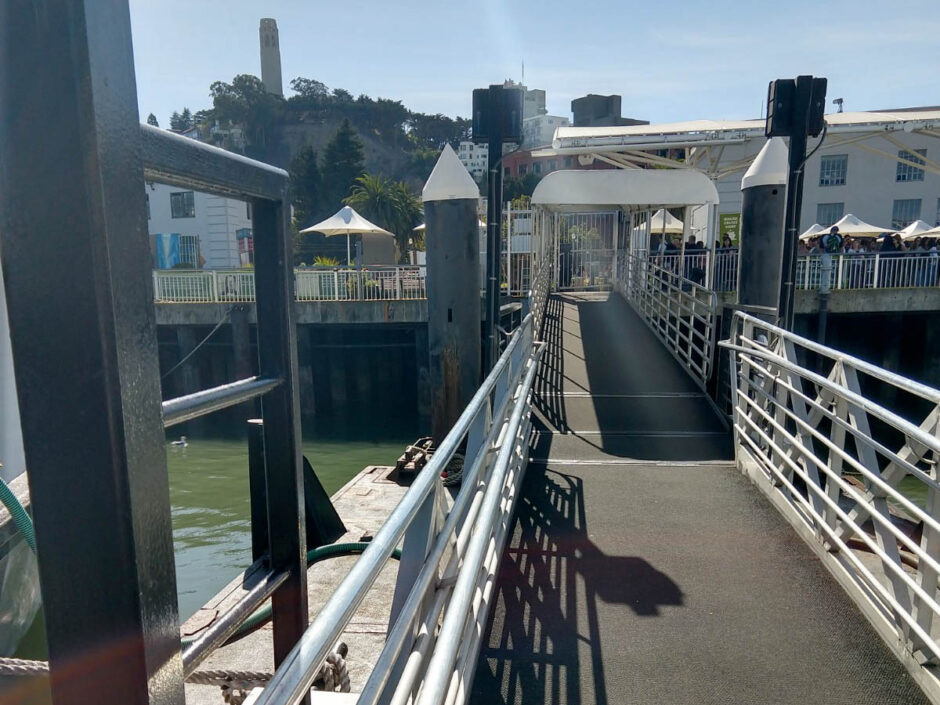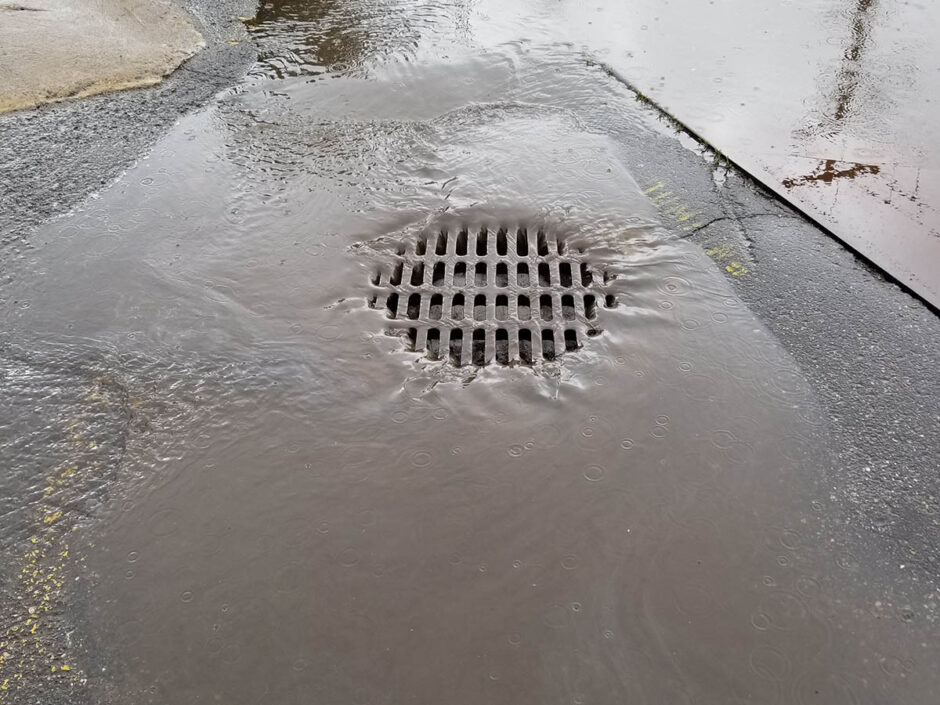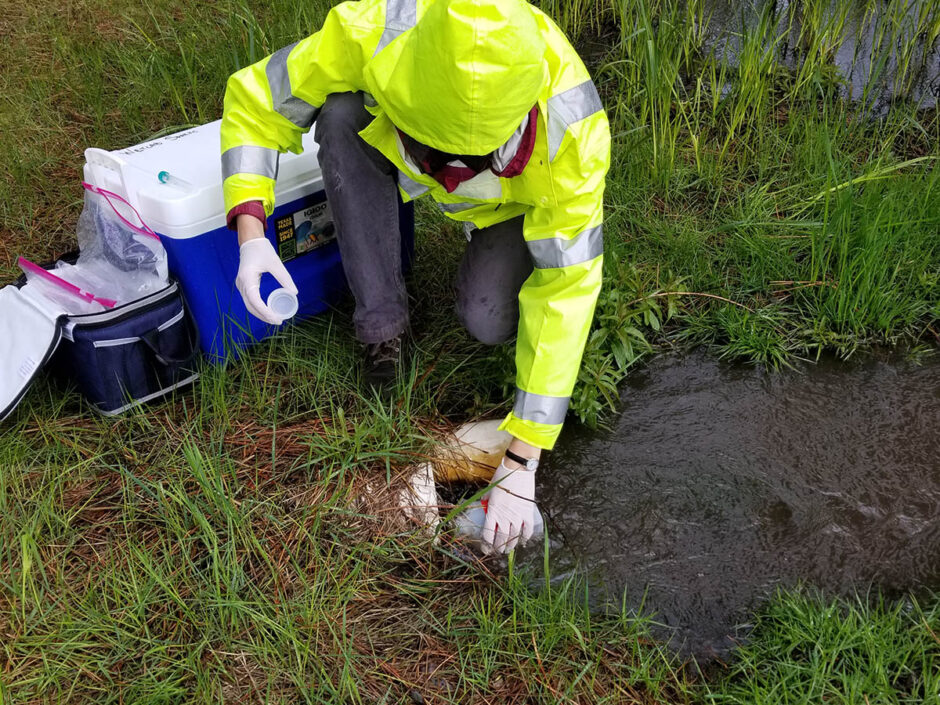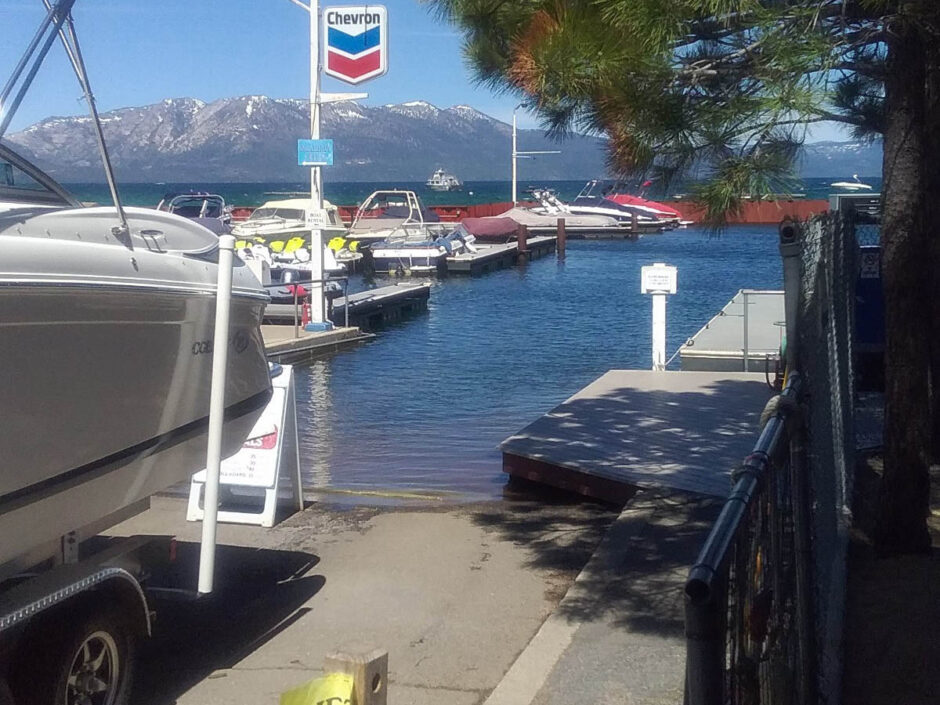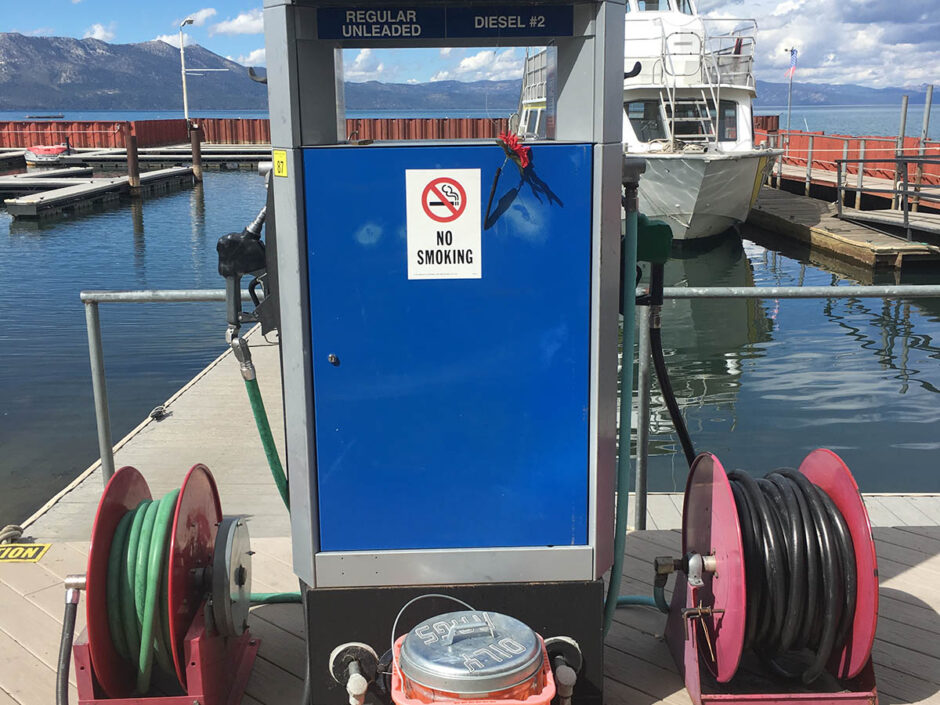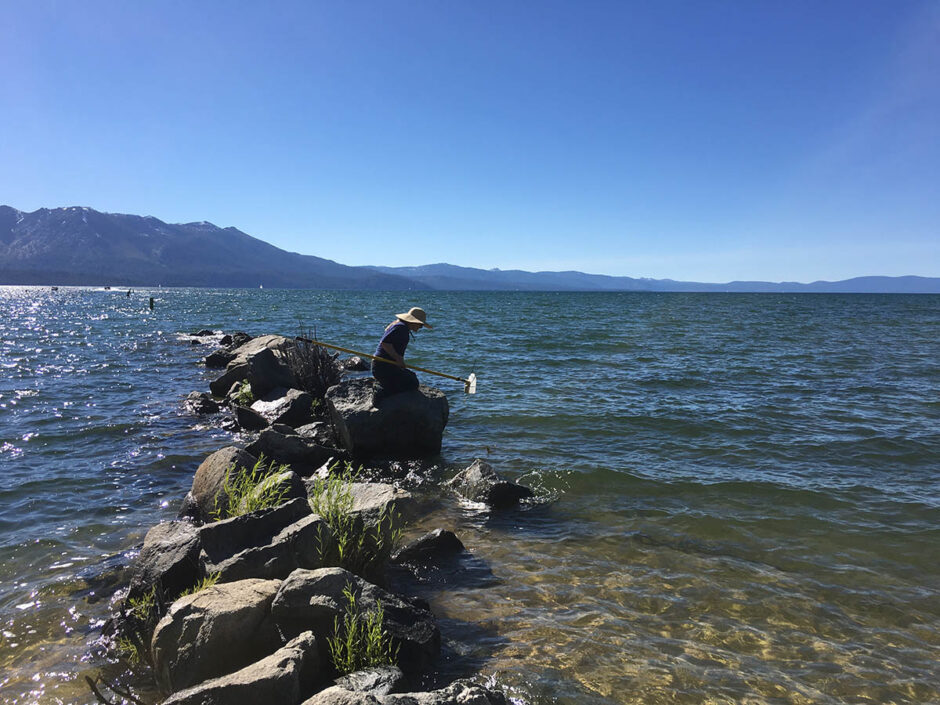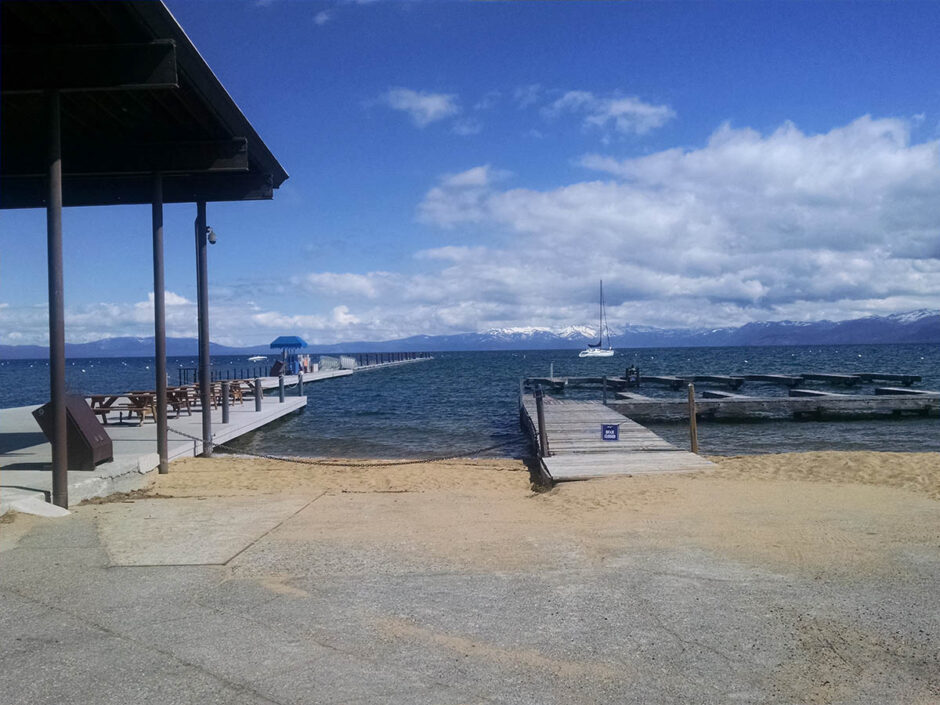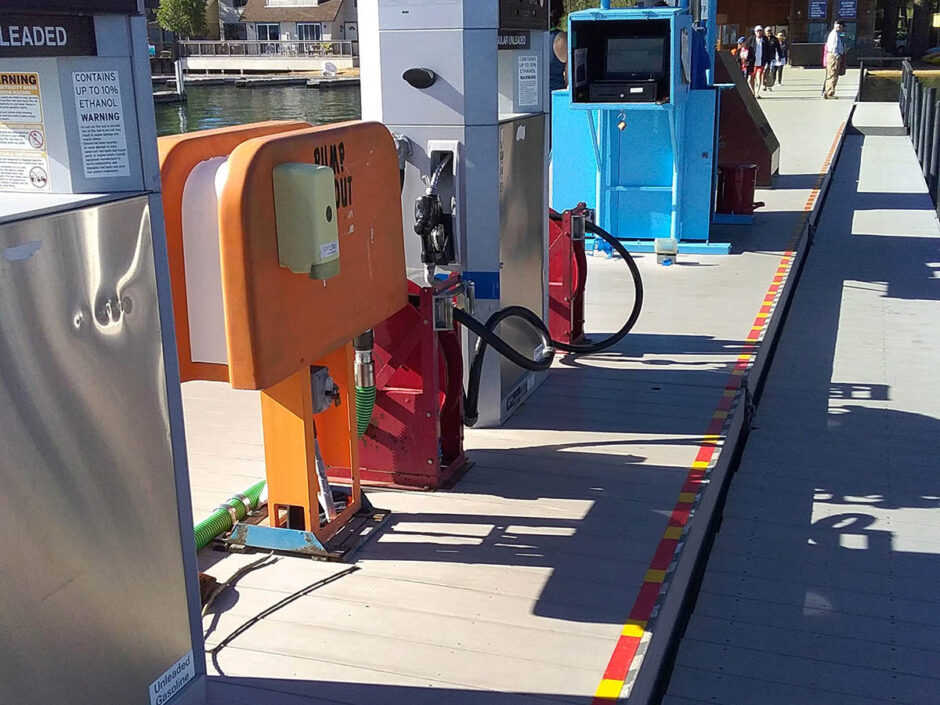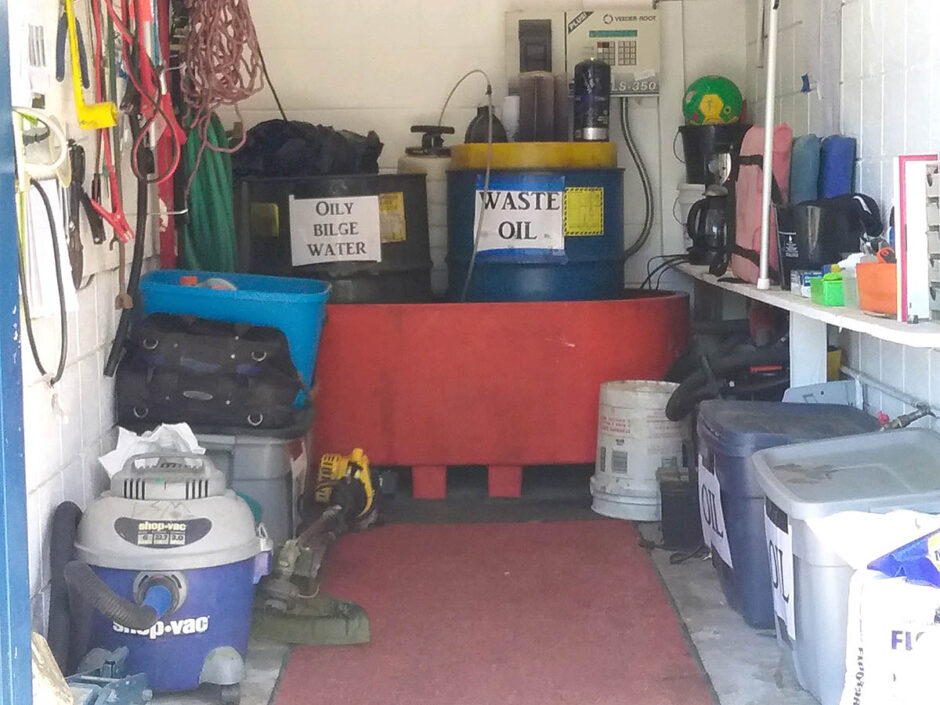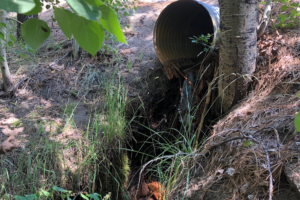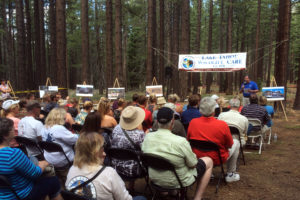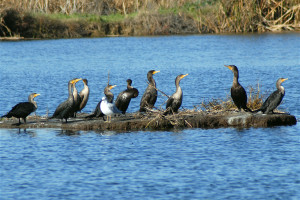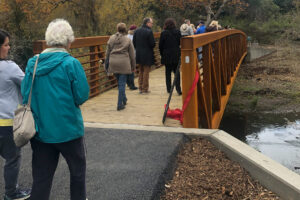Industrial General Permit
- GPS: 37°52'04.3"N, 122°18'50.4"W
- GPS 2: 38°56'19.2"N, 120°02'21.9"W
- Client: Industries, and Various State, County, and City Agencies
- Time Period: Ongoing
- Location: California and Lake Tahoe Basin
- Description: California Stormwater Permit Compliance
- Project Type: Stormwater Compliance
- Request a Consultation
Industrial Projects
Industrial sites can pose risks to water quality from potentially harmful pollutants used in day-to-day operations. From providing secondary containment and spill response plans to preventing contamination of stormwater, our engineers are qualified to support various clients required to operate under the new Industrial General Permit (IGP) 2014-0057-DWQ.
State Regulations: CA Industrial Stormwater Program
Low Level Industrial and Agricultural Operations
Our extensive experience with projects in and around sensitive waterways makes us well suited to work with wineries and agricultural industries whose operations are often adjacent to creeks and streams. As a small, nimble restoration engineering firm we can offer wineries and similar businesses a one-stop shop for the following:
- acquire or renew an industrial permit for wine processing and agricultural operations
- design BMPs and bank stabilization measures to prevent loss of agricultural lands and protect the health and habitat of the creek
- acquire the necessary federal and state permits to implement creek bank stabilization measures
We are also a good match for water transportation and recreational industries situated in sensitive environments including marinas and ski resorts.
Tahoe Basin Marina General Permit
In the Tahoe Basin, strict regulations exist to protect lake clarity and water quality. These regulations are most stringent for marinas that exist on the lake shore and whose actions directly affect the Lake. The goal of the permit is to prevent common marina activities such as boat maintenance, sewage pumpouts, and fueling from polluting the waters of Lake Tahoe. Numerous inspections and sampling are required during dry periods and during storms to ensure that marinas are not degrading water quality. Wildscape has an in-depth knowledge of the permit requirements and a team trained in proper sampling techniques to ensure stormwater discharge sampling is completed as required. The Lahontan Water Quality Control Board enforces the Marina General Permit in the Lake Tahoe Hydrologic Unit Order No. R6T-2016-0083.
Project Elements
- QISP Services
- Site Evaluations
- BMP Plans
- Level 1 and Level 2 Reports
- SMARTS Data Submitter
- Storm Water Sampling and Analysis
- REAP (Rain Event Action Plan)
QSD / QSP Services
Wildscape Engineering helps public and private clients comply with the storm water regulations mandated by the State of California, federal Clean Water Act and National Pollutant Discharge Elimination System (NPDES). We are experienced in applying for and overseeing construction (CGP) and industrial permits (IGP) under ever changing regulations. In the past six years, we have helped public and private entities obtain approval for new construction and business operations through development and implementation of Stormwater Pollution Prevention Plans (SWPPPs), Water Pollution Control Plans (WPCPs), Construction Site Monitoring Plans (CSMPs), and Stream Diversion and Dewatering Plans. Additionally, we have experience working for local governments and utilities on municipal storm sewer system (MS4) permit compliance.
Our stream restoration and wetland experience is especially relevant to permit acquisition and compliance for sites in and around sensitive areas including wildlife habitat, wetlands, streams, rivers, and lakes.

